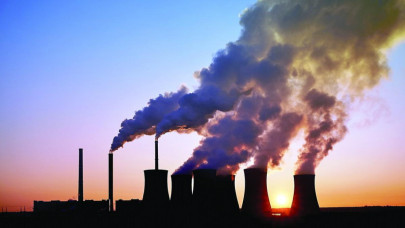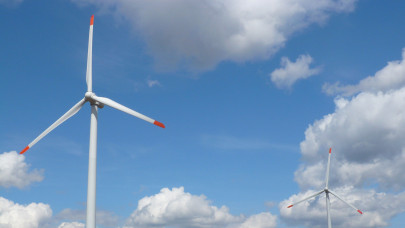Real estate |
16 April, 2025 at 2:37 PM
The GBCI Europe Circle conference was established to provide the LEED community in Europe with a space for professional and social exchange. The next edition is scheduled to take place in Prague from May 14-16 and Property Forum is proud to be joining the event as Media Partner. More about the event's significance and program has been shared by Kay Killman, Managing Director of GBCI Europe, Vessela Valtcheva-McGee, Director Market Development EE and Simona Kalvoda, Executive Director of the Czech Green Building Council (CZGBC).
Mobility |
11 November, 2024 at 7:38 AM
EIB will lend €300 million to the Czech Republic's national railway operator, České dráhy, to buy new train carriages and locomotives as well as upgrade existing ones.
Finance |
10 October, 2023 at 10:35 AM
The European Commission has approved a €2.5 billion (CZK 60 billion) Czech scheme to help manufacturing companies decarbonize their production processes and improve their energy efficiency to foster the transition to a net-zero economy, in line with the Green Deal Industrial Plan.
Mobility |
27 June, 2023 at 12:30 PM
The renovated railway service in South Moravia, one of the biggest Cohesion Policy investments in the Czech Republic, was inaugurated and opened to passengers. The renovation of this line, involving - 37 new electric units - will contribute to the de-congestion of traffic during peak hours in the busy South-Moravian railway, which transports approximately 22 million passengers every year.
Industry |
10 February, 2023 at 8:43 AM
The energy group Premier Energy has bought new projects in Romania with a capacity of approximately 41 megawatts, for which it paid €13 million.
Finance |
8 February, 2023 at 10:17 AM
EIB and Czech fund Inven Capital have doubled up on their strategic partnership, with the EIB committing a further €50 million to fund innovative clean-tech and decarbonisation startups. The EIB invested the initial €50 million alongside Inven over the period 2017-2022.










